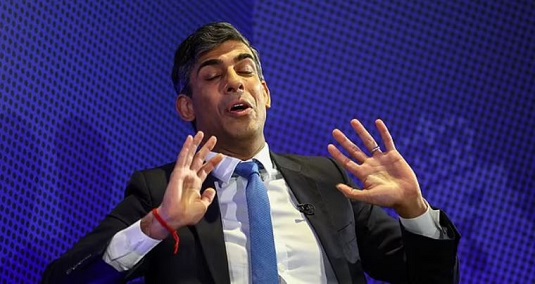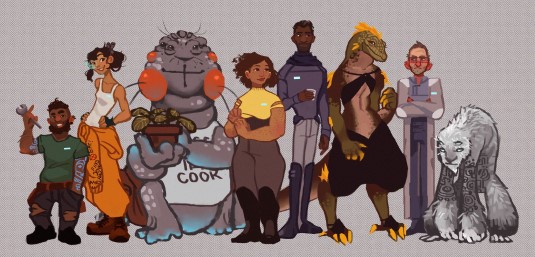
Bourdieu and Literature by John RW Spellar
11.22.63 by Stephen King
The Postman Always Rings Twice by James M Cain
Hyperion by Dan Simmons
A Poetics of Postmodernism by Linda Hutcheon
Serenade by James M Cain
The Care Manifesto by The Care Collective
The Fall of Hyperion by Dan Simmons
Tentacle by Rita Indiana
The Monk by Matthew Lewis
Gateway by Frederik Pohl
The English Teacher by RK Narayan
Lean On Me: A Politics of Radical Care by Lynne Segal
The Anomaly by Herve Le Tellier
Salvation Lost by Peter F Hamilton
Empire and Imperialism by Atilio A Boron
Hello America by JG Ballard
At the Jerusalem by Paul Bailey
Beyond the Blue Event Horizon by Frederik Pohl
Cross Channel by Julian Barnes
The Three-Body Problem by Liu Cixin
Science Fiction by Adam Roberts
Gaston de Blondeville by Ann Radcliffe
Comrade by Jodi Dean
Dayworld by Philip Jose Farmer
Notes from Underground by Fyodor Dostoevsky
House of Suns by Alastair Reynolds
The Last Starship from Earth by John Boyd
Submission by Michel Houllebecq
O Pioneers! by Willa Cather
The Long Way to a Small, Angry Planet by Becky Chambers
This Way for the Gas, Ladies and Gentlemen by Taseusz Borowski
Ancient, My Enemy by Gordon R Dickson
Station Eleven by Emily St John Mandel
That's quite a few books! Where to begin to talk about them? Apart from this already written up, I want to single two out. The first is Matthew Lewis's The Monk. There's been an 18th century gothic thing around these parts of late, and I'm happy to say this is one of the most ridiculous and absurd novels you'll ever read. Watch how a holy man comes undone bit by bit, and whose crimes cause him to commit even greater crimes - much to his detriment. Why this isn't a touchstone in the English literary canon beats me.
The other book, mentioned in passing elsewhere, is Lynne Segal's Lean on Me. Drawing on her experience of care and intimacy in this country's women's movement, she argues that this provides the basis of an alternative to the privatised individualism and its neuroses about ageing and infirmity. Read in conjunction with The Care Manifesto, Jodi Dean's Comrade, and the Lazzarato stuff I'm studying at the moment, Lynne not only asks the right questions but is pointing toward the answers. Highly recommended.
I have a ridiculously large to-be-read pile, and so it's reasonable to expect a relatively generous overview by the end of June. What have you been reading recently?


